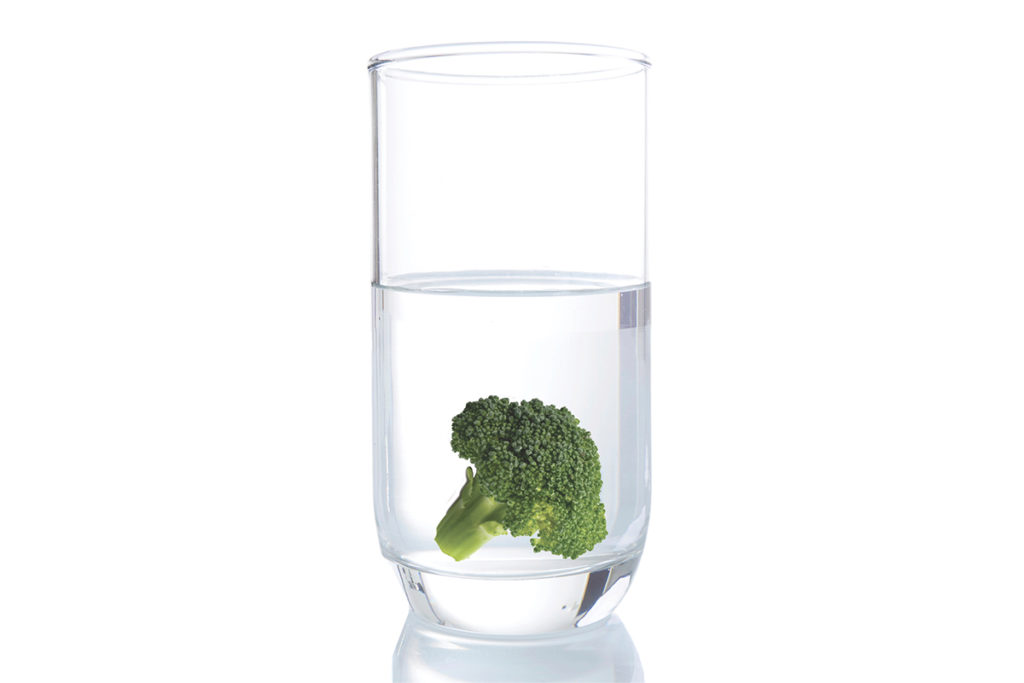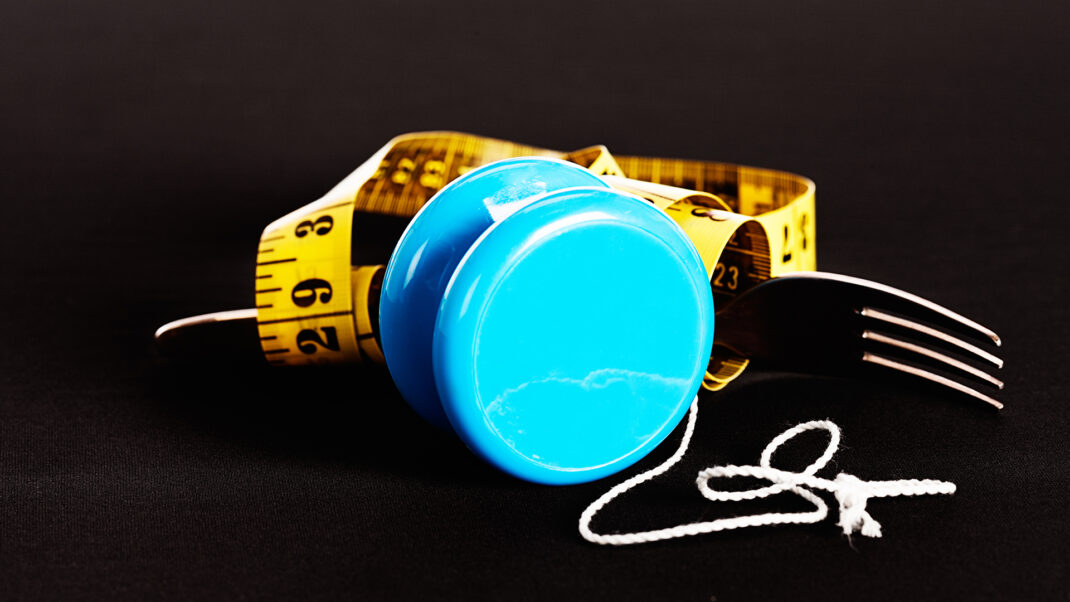That Half-Full Glass Tilts Toward Better Eating
Research shows that optimists eat better than pessimists.

Is it time to put on a happy face?
A new report in Nutrition Journal reveals that dispositional optimism—expecting that more positive things will happen in the future—may lead to better food choices. At baseline and every 6 months, 19,335 volunteers participating in France’s NutriNet-Santé study completed at least three online 24-hour diet records (2014–2018). A higher score on the optimism scale was associated with greater overall diet quality and a higher intake of fruits and vegetables, seafood, whole grains, fats, dairy, legumes, and meat substitutes compared with a lower score. Optimists consumed less sugar, confections and dairy and ate fewer between-meal snacks.
A word to the wise: Optimistic participants also tended to drink more alcoholic beverages and enjoy more appetizers. The authors noted that participants seemed to eat foods typically available during social occasions, which are common in French households.
Previous research indicates that, besides having healthy eating habits, people who are optimistic tend to have better health and better social relationships than those who don’t share a positive outlook.
Patricia Ryan, MS
Patricia Ryan, MS, develops educational content for leaders and professionals in the wellness, fitness and older-adult marketplaces. Ryan has conducted market research and authored numerous white papers, survey reports, industry analyses and research reviews along with producing educational webinars. She holds a master’s of science degree in instructional technology aimed at designing professional education. She was IDEA’s first editor in chief and developed the Gold Standard of content for which IDEA is still known.





